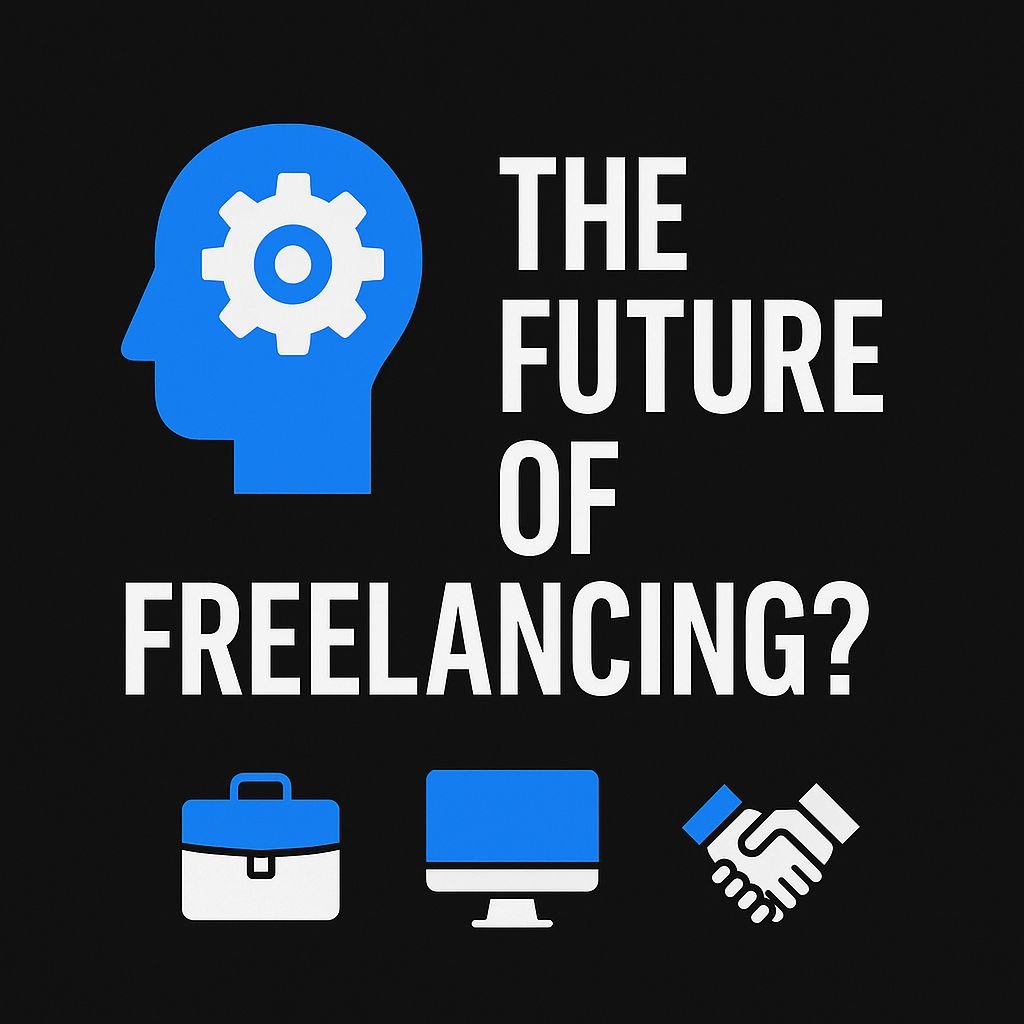Agentic AI Revolution: Transforming Business Operations in 2025
Imagine an AI that doesn’t just follow instructions but acts like a proactive employee—anticipating problems, negotiating deals, and optimizing workflows autonomously. This is agentic AI, and it’s reshaping business operations at unprecedented speed. With 72% of enterprises piloting agentic systems in 2025, this isn’t sci-fi; it’s today’s competitive edge. Here’s how this technology is redefining efficiency, innovation, and growth for forward-thinking businesses.
What Exactly Is Agentic AI?
Agentic AI goes beyond traditional automation. These systems: think proactively by setting goals, devising strategies, and adapting in real-time; operate semi-independently by managing end-to-end tasks with minimal human input; and learn contextually using real-world feedback to refine decisions. Unlike chatbots or rule-based tools, agentic AI understands intent—for example, rerouting shipments during a storm without any human intervention.
Key Areas Transforming Business Operations
Hyper-Automation of Complex Processes
– Supply Chain Optimization
– Example: Coca-Cola’s agentic AI predicts disruptions using weather and social data, reducing logistics costs by 18%.
– Statistic: Companies using agentic logistics report 35% faster delivery times.
– Intelligent Customer Service
– AI agents resolve complex customer issues like contract disputes by accessing CRM and ERP data, freeing human employees for higher-value tasks.
Data-Driven Decision Acceleration
– Real-Time Market Analysis
– Agents scan news, trends, and competitor data to recommend strategies such as adjusting ad spend during viral events.
– Statistic: 68% of executives credit agentic AI with faster, more accurate decisions.
– Risk Mitigation
– In finance, AI agents monitor transactions for fraud patterns, reducing false positives by 40%.
Real-World Impact: Case Studies
– Siemens Energy: Agentic AI monitors turbines globally, predicting failures two weeks early and saving $11 million annually.
– Shopify: AI agents negotiate bulk shipping rates with carriers, lowering costs by 15%.
Critical Challenges to Address
While agentic AI offers transformation at scale, businesses must address:
1. Ethical safeguards through bias audits and transparent decision logs.
2. Human-AI collaboration to ensure strategic alignment.
3. Security through rigorous access controls to prevent data leaks.
Future Outlook: What’s Next?
By 2030, agentic AI is projected to handle 40% of core business operations and integrate into 80% of jobs as AI collaboration becomes standard. New revenue streams will emerge from custom AI employees handling niche tasks such as carbon footprint optimization.
Agentic AI isn’t just streamlining operations—it’s reinventing how businesses compete. From self-optimizing supply chains to AI-driven innovation, the future belongs to enterprises that deploy agentic AI strategically. The question is not if you will adopt agentic AI, but how fast you can adapt.
**Next Steps:** Identify one high-complexity process such as inventory management for agentic AI feasibility this quarter. Starting small and scaling fast will help future-proof your operations.
Agentic AI,business operations,automation,efficiency,innovation,business transformation,AI-driven decision making


